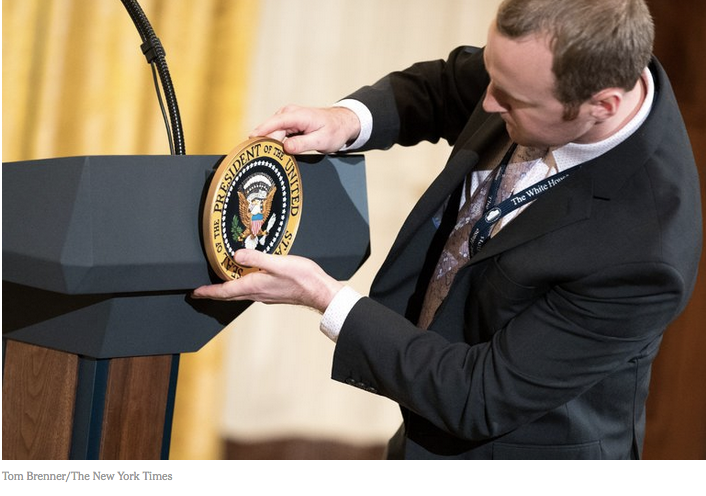. . .
It’s impossible, in real time, to keep up with every new Trumpian advance in corruption and self-dealing, and Republicans in Congress aren’t even trying. True, they’ve been moved to act in a few high-profile cases — on Wednesday, Representative Trey Gowdy of South Carolina, chairman of the House Oversight Committee, demanded documents about government-funded luxury travel by Scott Pruitt, head of the Environmental Protection Agency. But overall, the administration enjoys a corrosive degree of impunity.
The Republican monopoly on federal power, however, will not last forever. Assuming American democracy survives Trump, there will someday be an opportunity to seek accountability from the president and his entourage. If we expect America to ever again be more than a squalid kleptocracy, we’re going to need a comprehensive plan of de-Trumpification, including wide-ranging investigations and legal reforms. It’s not too early to start thinking about what that might look like.
After all, if Democrats take back the House in November, they’ll be able to subpoena Trump’s tax returns and start hearings on his manifold conflicts of interest. Should Democrats retake the Senate, something akin to the Church Committee, which investigated abuses by our intelligence agencies in the 1970s, could give us a measure of clarity and closure about this uniquely dark, disorienting period. Eventually, laws can be adopted to help us avoid repeating it.
Some preliminary work on de-Trumpification has already begun. In January, Christine Todd Whitman, the Republican former governor of New Jersey, and Preet Bharara, the former U.S. attorney for the Southern District of New York, announced that they’d be leading a task force on the rule of law and democracy at the Brennan Center for Justice, part of New York University’s law school. The idea is to figure out which of the norms that Trump has blithely discarded can be written into law or otherwise codified.




